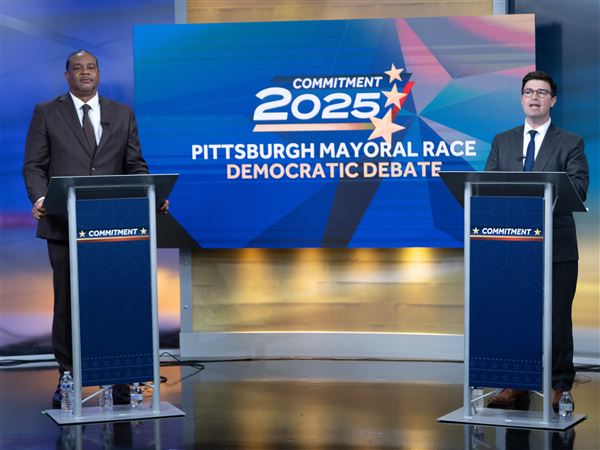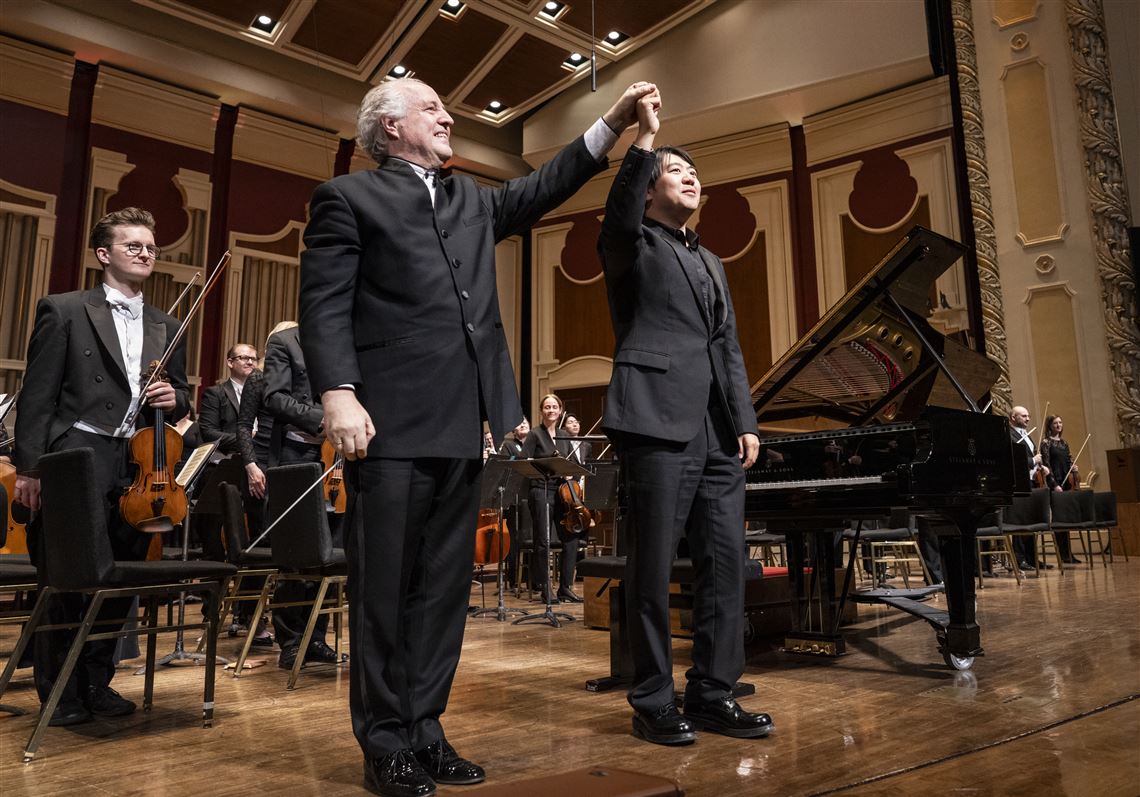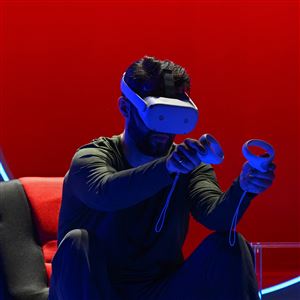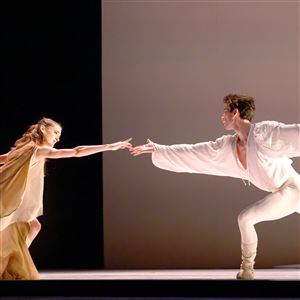Anyone who’s ever seen an ad for a classical music performance knows that every performer is “world-class” and every piece of music — whether you’ve ever heard it or not — is “beloved,” an adjective so overused that some classical marketers have placed a taboo on using it.
In a world where every musician is a “must-hear,” who are we supposed to listen to, if not those names we’re already familiar with?
That’s not rhetorical. Of course, some performers have a genuinely uncanny knack for touching the soul through their music. But it isn’t always who you’d expect, and it isn’t always who has “hype” in the classical world, or whatever ultra-dignified term best translates to hype.
Take last week in Pittsburgh. Several globe-trotting soloists who have played and sung for royalty and television and us unwashed masses alike performed with the city’s symphony and opera, including the pianist Lang Lang, perhaps as close to a household name as classical music will ever come thanks to his playing and his pop culture appearances.
The cellist Sheku Kanneh-Mason, who played at Prince Harry and Megan Markle’s wedding in 2018, also appeared with the orchestra, and the soprano Karah Son, a regular at Europe’s top opera houses, appeared in the opera’s “Madama Butterfly” production at the Benedum Center.
We’ll consider each performance briefly in turn:
Lady Lepidoptera
The opera “Madama Butterfly” traditionally takes place in Japan in 1904. A U.S. Navy officer rents a house and takes a bride, only to abandon her for an American wife and returns only to collect his child from “Butterfly.”
Pittsburgh Opera’s production, which runs through Sunday, adapts the story so that it takes place in the world of virtual reality, with Pinkerton escaping his drab house for a colorful fantasy land where he can custom-create his bride. This version was first staged in 2023, and the idea is to offer a thought-provoking twist on the narrative that circumvents some of the opera’s more distasteful stereotyping, which has rankled Asian audiences since well before the term PC was in widespread usage.
Still, the adaptation is perplexing. What are we supposed to feel for Butterfly now that she isn’t even alive in the traditional sense? Or when she breaks the fourth wall by emerging from the game into the real world?
While the production ponders such symbolic questions, Karah Son, who sings as Butterfly, gave one of the best performances of Pittsburgh Opera’s season on Saturday, bringing an increasingly assertive, full-bodied voice to the title role. The color and nuance in Son’s middle register in particular paint Butterly in such sympathetic tones that the opera’s theatrical trappings, visually stunning as they are in this production, fade into the background.
The orchestra and other performers were adequate to strong, but Son brought something special that elevated the evening. One note on the blocking: The way the opera is staged, with the virtual world bordered by Pinkerton’s actual apartment, concentrates the chorus in too small a space on stage during its Act I marital revelry. It looks awkward and sounds smaller than it should.
There are additional performances on Tuesday, Friday, and Sunday. Tickets begin at $15 at pittsburghopera.org.
Superstar
Lang Lang literally inspired a generation of children in China to take up the piano. (The phenomenon was literally called the “Lang Lang effect.”)
In classical circles, Lang’s willingness to appear on TV on shows like “The Tonight Show” or “Good Morning America” or the competition show “The Piano” has colored his reputation. His technique might be more impressive than any other pianist alive in terms of mechanics, but this, too, has had drawbacks. Critics and listeners alike have charged him with prioritizing speed over a more emotive, hard-to-define “musicality.” Actually, this is another ugly cultural stereotype leveled against Asian players at times.
On Wednesday in Heinz Hall, he joined the Pittsburgh Symphony Orchestra and conductor Manfred Honeck for Norwegian composer Edvard Grieg’s Piano Concerto, a work filled with stylized Scandinavian folk music.
In the first two movements, he luxuriated through some of the more lyrical melodies while dashing through the work’s faster passages. This inconsistency in tempo felt unnecessary, after a time. His dynamic shifts were also melodramatic, the inner voices of his passagework unclear. A spark of precision helped to better animate the finale, a Norwegian Halling Dance performed at weddings with moves called the “nakkespretten” (neck jump) and the “hodestift” (going over the head), perhaps a nod to Grieg’s own marriage shortly before writing the piece.
The British are coming
Lang Lang’s last appearance with the Pittsburgh Symphony in 2023 had none of these issues, and neither did British cellist Sheku Kanneh-Mason in Friday’s performance of Russian composer Dmitri Shostakovich’s Concerto No. 1.
The music is tense and athletic in its outer sections and introspective and solemn in its more introspective middle movements. Kanneh-Mason’s faster playing was arrestingly exact; he brought an intensity to the music through sheer style rather than speed. (The orchestra lacked bite, by comparison.) The slower section deflated somewhat, but his pathos still carried the performance.
His was an exceptional Pittsburgh debut — taut and spirited and evocative.
The only PSO performance of the three that sold out, more or less, was Lang Lang’s. This isn’t a criticism: It’s always wonderful to see a sellout orchestra concert, and Lang’s technique, regardless of one’s opinion of his interpretation, is extraordinary.
It’s easier to market and connect with the idea of someone like Lang Lang, indisputably one of the world’s technical wizards, than more abstract ideas about a player’s ability to touch attendees’ emotions.
But perhaps this is the challenge facing classical institutions. Instead of presenting every concert or performance as the “best” or as “must-hear,” there should be a more concentrated effort around developing vocabulary and language that communicates something real about the performance and helps listeners to understand what it will be about, whether they’re already familiar with the performers and music or not.
Jeremy Reynolds: jreynolds@post-gazette.com. His work at the Post-Gazette is supported in part by a grant from the San Francisco Conservatory of Music, Getty Foundation and Rubin Institute.
First Published: March 24, 2025, 1:41 p.m.
Updated: March 25, 2025, 2:21 p.m.

















